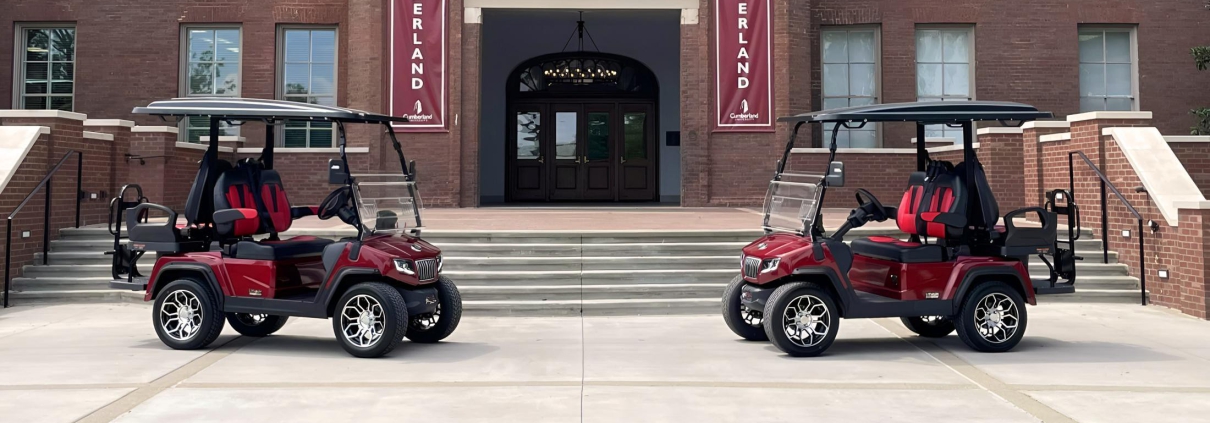What Size Lithium Battery for Your Golf Cart? A Complete Guide to Choosing the Right Fit
Upgrading to lithium batteries for your golf cart is one of the smartest moves you can make—whether you’re chasing longer run times, faster charging, or just more reliability. But one question still holds many users back: What size lithium battery should I get for my golf cart?
In this guide, we’ll walk you through how to choose the ideal battery size for your cart by considering factors such as vehicle voltage, usage patterns, battery capacity, and system compatibility. We’ll also explore use case-specific recommendations and what sets lithium batteries apart—especially when equipped with advanced battery management systems (BMS).
🔗 Looking for a trusted solution? Explore our range of certified golf cart battery systems.
- Understanding Voltage Compatibility
The first thing you need to determine is your cart’s voltage requirement. Common configurations include:
- 36V systems – Found in older or budget-friendly carts
- 48V systems – Standard for most modern electric golf carts
- 72V systems – Typically used in high-performance or off-road applications
Choose a battery that matches your system voltage. For instance, a 48V lithium battery can directly replace a 48V lead-acid setup.
Leoch’s available options include:
- 48V 5.04kWh
- 48V 7.20kWh
- 48V 10.08kWh
- 51.2V 5.376kWh
- 57.6V 8.64kWh
These packs are designed for drop-in compatibility across a wide range of golf carts.
- Match Capacity (kWh) to Your Usage
Battery capacity, measured in kilowatt-hours (kWh), dictates how far and how long your cart can run between charges. To estimate your ideal size, consider:
- Light users (quick rounds, flat courses): 5.0–5.5kWh
- Moderate users (18 holes regularly, occasional inclines): 7.0–7.5kWh
- Heavy users (multiple rounds, hilly terrain, commercial fleets): 10.0kWh and above
Tip: Overestimating slightly ensures buffer capacity and longer cycle life.
- Scenario-Based Battery Selection (NEW)
Different user scenarios call for different battery configurations. Here are some common cases:
✅ Residential golfers
- Carts: EZ-GO RXV, Yamaha Drive2
- Recommended size: 48V 5.04kWh
- Why: Ideal for flat or slightly rolling terrain with one round of golf per day.
✅ Golf resorts / Rental fleets
- Carts: Club Car Tempo, Yamaha Concierge
- Recommended size: 48V 7.2–10.08kWh
- Why: Multiple daily uses with passengers; extended range and quick recharging needed.
✅ Custom lifted carts / Off-road
- Carts: Modified Club Car Precedent or 72V conversions
- Recommended size: 57.6V 8.64kWh
- Why: More torque demands, larger tires, steeper inclines require high discharge and deeper reserves.
- Why Lithium Is Easier to Size Than Lead-Acid
With lead-acid batteries, you had to calculate amp-hours across 6 or 8 individual batteries—and account for degraded performance over time. In contrast, lithium batteries offer a single-pack solution, where:
- kWh = voltage × amp-hours ÷ 1000
- Capacity stays consistent through its life (no voltage sag)
- No more maintenance, equalization, or topping off water
- Smart BMS: Making Sure It All Works Together (NEW)
Modern lithium batteries come equipped with intelligent Battery Management Systems (BMS)—a major upgrade over traditional systems. Here’s why a BMS matters:
- ✅ Auto-balancing cells for long-term health
- ✅ Real-time diagnostics with Bluetooth or CAN integration
- ✅ Overcurrent, overcharge, and thermal protection
- ✅ Seamless integration with most stock controllers
- ✅ Failsafe shutoff during wiring faults or improper connections
In short, the BMS acts like the “brain” of your lithium battery—extending life and protecting both the cart and the pack.
- What Most People Get Wrong
Don’t just buy a lithium battery based on price or specs alone. Mistakes include:
- Choosing too small a battery and facing unexpected runtime issues
- Overbuying capacity you don’t need, increasing cost and weight
- Ignoring voltage compatibility
- Forgetting to verify BMS compatibility with your charger or controller
To dive deeper into common mistakes, read:
🔗 Replacing Your Yamaha Golf Cart Battery: Here’s What Most People Get Wrong
- Need Help with EZ-GO or Yamaha?
Every brand has nuances. If you own an EZ-GO or Yamaha cart, we recommend reading:
- 🔗 EZ-GO Golf Cart Battery Replacement: Why It’s Time to Upgrade from Lead-Acid to Lithium
- 🔗 Yamaha Golf Cart Battery Upgrade Guide
Conclusion
Choosing the right size lithium battery for your golf cart is about more than just voltage—it’s about finding the right fit for your usage, terrain, cart model, and technology requirements. With smart BMS integration and a variety of sizes available, upgrading to lithium has never been more straightforward—or rewarding.
🔗 Explore your options here: golf cart battery


